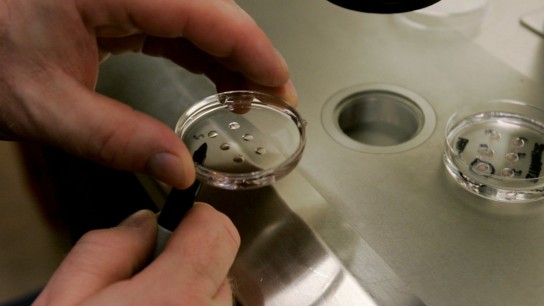 Prenatal care can bring piece of mind. It is reassuring to find out that you and your baby are doing just fine.
All women need prenatal care, and it doesn’t matter if you are young or old, whether it’s your first baby or your fifth. It is essential that all mothers-to-be benefit from regular care during their pregnancy. It is true that women who see a health care provider regularly during pregnancy end up having healthier babies in general. They are also less likely to deliver premature babies and are less likely to have other serious pregnancy complications.
During prenatal visits your health care provider should do the following:
Prenatal care can bring piece of mind. It is reassuring to find out that you and your baby are doing just fine.
All women need prenatal care, and it doesn’t matter if you are young or old, whether it’s your first baby or your fifth. It is essential that all mothers-to-be benefit from regular care during their pregnancy. It is true that women who see a health care provider regularly during pregnancy end up having healthier babies in general. They are also less likely to deliver premature babies and are less likely to have other serious pregnancy complications.
During prenatal visits your health care provider should do the following:
- Teach you about your pregnancy
- Monitor any medical conditions which you may have
- Tests for problems which may arise with your baby
- Tests for health problems in the woman
- He/She may also refer you to any services, such as support groups, the WIC program or childbirth education classes
A Typical Prenatal Care Schedule
A typical prenatal care schedule for a low-risk woman with a normally progressing pregnancy is:- Weeks 4 to 28: 1 visit per month
- Weeks 28 to 36: 2 visits per month
- Weeks 36 to birth: 1 visit per week
What Happens at a Prenatal Care Visit?
During your first prenatal care visit, your provider will ask you a lot of questions and do some tests. At your first prenatal visit your health care provider will:- Ask you about your health, your partner’s health and the health of your close family members.
- Identify any medical problems if there are any present.
- Discuss with you any medications you are taking.
- Do a physical exam and a internal pelvic exam.
- Check your weight.
- Check your blood pressure.
- Check a urine sample for any sign of any infection.
- Do some blood tests to check for signs of anemia and see if you have had certain infections. You will also be asked if you want a test for HIV, the virus that causes AIDS.
- Do a pap smear to check for cervical cancer and other tests for vaginal infections Figure out your due date.
- Make sure you’re taking a prenatal vitamin with folic acid and following a healthy eating plan.
- Weigh you.
- Check your blood pressure.
- Measure your belly to see how the baby is growing.
- Check your hands, feet and face for swelling.
- Listen for the baby’s heartbeat.
- Feel your abdomen to assess the baby’s position, later on in your pregnancy
- Do any tests that may be needed
- Ask you if you have any questions or concerns. It’s a good idea to write down your questions and bring a list with you so you don’t forget.
Prenatal Care



